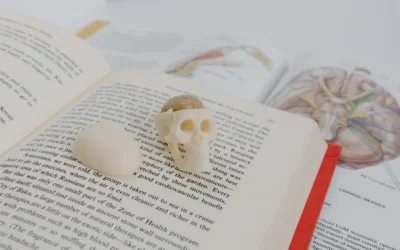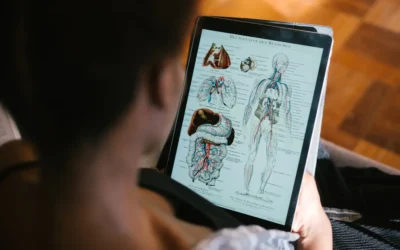If you have decided to apply to study medicine, there can be a mountain of expectations placed on your academic results.
But the question is: what else can you do? What useful extracurricular activities will help you on your way to becoming a medical student?
When a medical school admissions officer looks at your application, your grades are only the first item on the checklist. The commitments, responsibilities and activities you’ve taken part in throughout the last few years can be the things that set you apart from the crowd.
In light of that, here are five handy tips on the best extracurricular activities for medicine, to help you stand out!
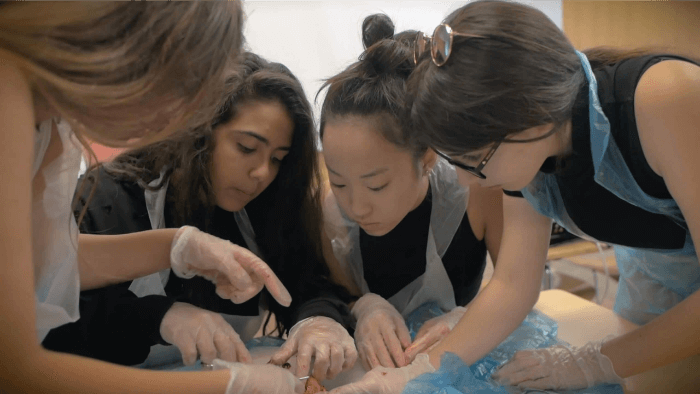
1. Clinical Experience
This might seem pretty obvious, but getting any kind of clinical experience before applying to study medicine will give you a huge advantage. Not only do most universities look for this on your application, it also gives you a chance to see whether the medical world really is for you. Looking after your sick relative is one thing, but it can be a different story when it’s someone that you don’t know. Therefore, having some clinical experience with patient exposure shows that you’ve done your homework. It will help you be certain that you really want to apply to study medicine.
There are two easy ways to get clinical experience, one of the most useful extracurricular activities for medicine:
Shadow a doctor
If you personally know a doctor, this will be easier. Just ask if you can shadow them, and make sure you stick to their schedule to get the most out of it. If you don’t know any doctors, most teaching (university) hospitals will offer shadowing programs that you can apply for.
Work in an assisted-living facility, voluntarily or on a paid basis
Volunteer work is easier to find, especially when you don’t have much experience yet. In care homes and nursing homes you will assist with the daily needs and activities of people living there, but the difference lies in how much medical care the residents require. A nursing home is closer to a clinical setting, and you’ll get to observe how the nurse monitors residents and provides treatment. In both, you will experience what it’s like to provide care for a number of people, while learning how to engage with patients in a personalised way. This can be one of the biggest challenges as a doctor!
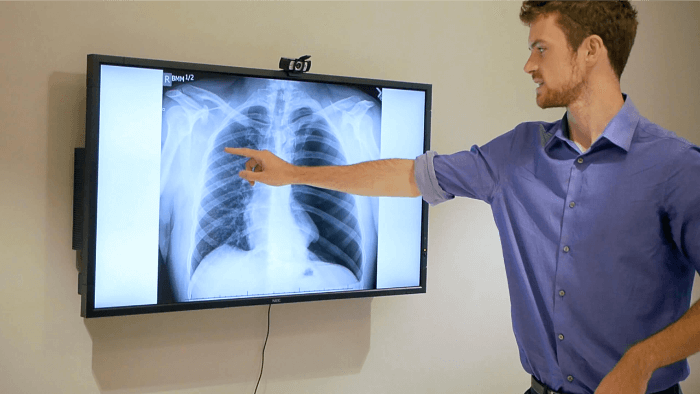
2. Take on a Leadership Role
Practising your leadership skills in a specific role shows that you can take initiative. It will also develop the communication and collaboration skills necessary to be a doctor. For example, you could try to become president of a school club, captain of a sports team or put your hand to organising an event. There’s also leadership development summer programmes that can help you build your confidence.
3. Volunteer
Voluntary work in your local community demonstrates that you care about contributing to society and the wellbeing of others. This is a much needed quality for a person whose job will be to ensure the wellbeing of people! Volunteering is a great way to use your extracurricular activities for medicine, not just to benefit you but to create a positive impact on those around you.
4. Enter a Science Fair or Competition
Whether you enter a school science fair or the national science fair, aim to do your best. Even if you don’t rank well, you will benefit hugely from this extracurricular activity for studying medicine. You’ll be able to demonstrate initiative, which is very important for the study of medicine. But it will be even more impressive on your med school application if you can do well in the competition! Remember to think outside the box when coming up with an entry idea.
5. Enrol in a Summer Course!
Last but certainly not least, spending part of your summer doing a medical summer course shows your level of interest in the subject. It’ll give you insight into what medicine is like, both as a degree and a career. You’ll gain practical experience as well as academic knowledge – and the opportunity to connect with a global network of friends. Check out Oxford Scholastica’s Medicine summer school for more information!
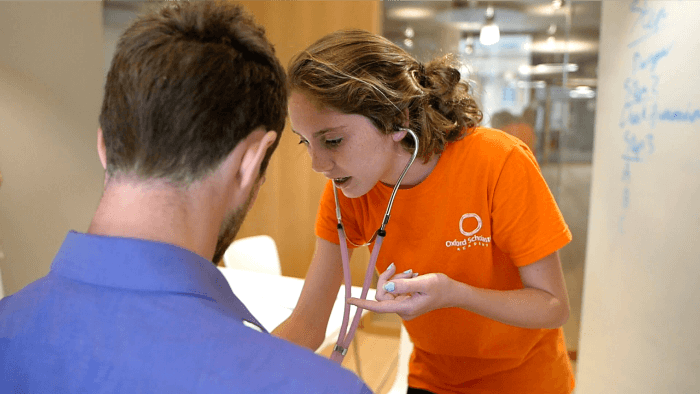
The last step is to ensure that you have written down your extracurricular activities when you make your application. Remember that it’s not just a job description: you need to talk about the impact you made and the impact the experience made on you. And maybe you could also describe something interesting or challenging that happened, which shows why you’re suited and ready for med school.
If you are applying to an American university, it’s important to check the requirements. Most universities around the world will look at your extracurricular activities for medicine as an add-on to your application. But in the USA, medical schools tend to view them as an essential part of your application! They usually have plenty of information on these requirements on their websites.
Wherever you hope to go to study medicine, we recommend investing as much as you can in developing a varied set of extracurricular experiences. Finally, enjoy them!



